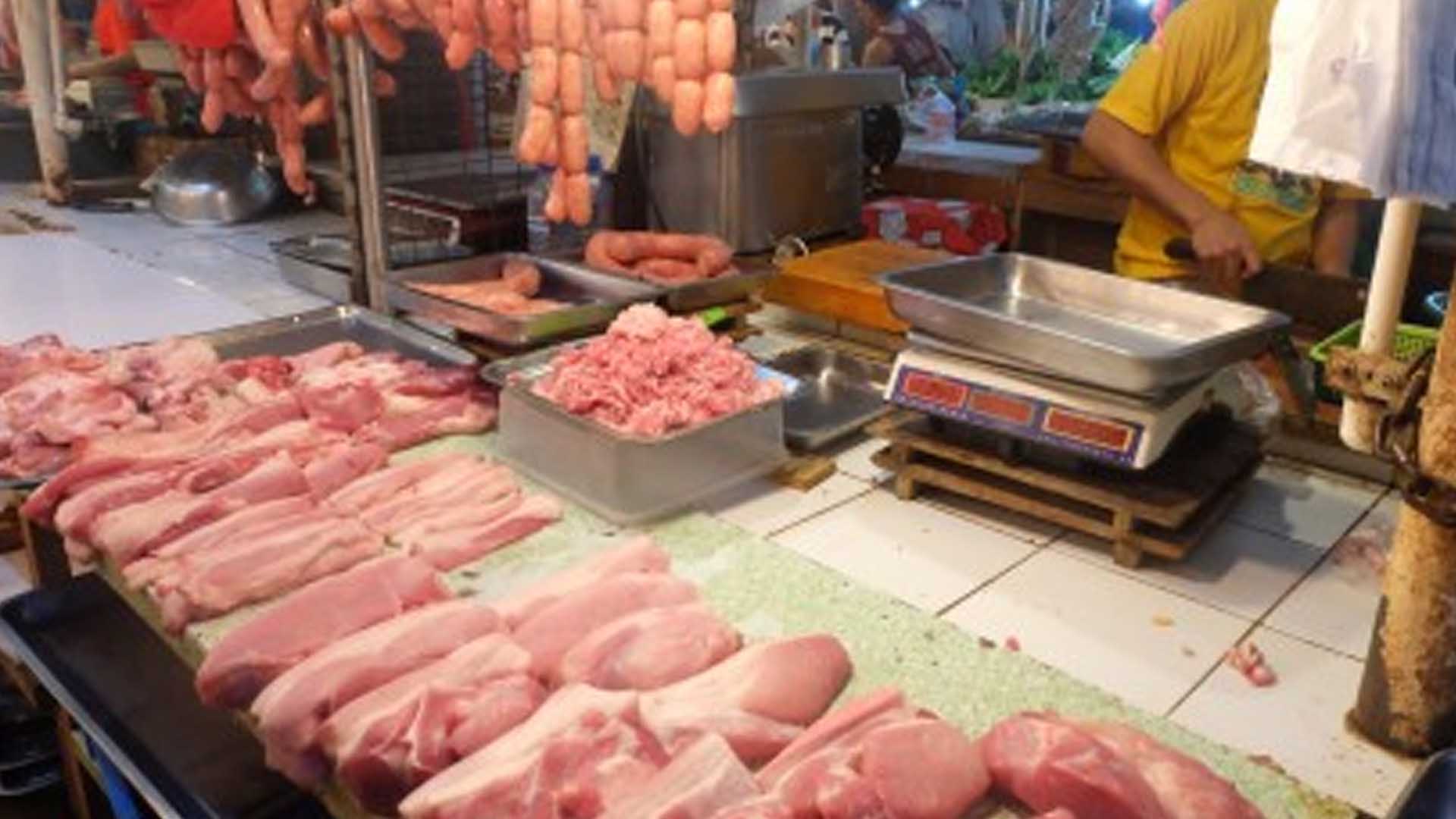Pork consumption in Baguio City dropped by at least 10 percent but the city veterinary office said supply remained steady and the inspection of meat and meat products has been intensified.
“The consumption of pork dropped by at least 10 percent which could have been diverted to chicken or fish,” said Dr. Brigitte Piok, chief of the City Veterinary Office (CVO) on Monday.
She said the city normally consumes more than 350 hogs per day and the 10 percent drop could be attributed to the African swine fever (ASF) scare.
She urged authorities to check the prices of meat products to protect consumers from overpricing.
“The farm gate price of pork is from PHP60 to PHP80 but they are sold at PHP220 a kilo. I don’t know where the overpricing comes in but it is the consumers who are affected. Some have diverted to buying chicken in lieu of pork so it is also important to look at the prices of those sold,” Piok said.
In terms of safety, Piok said inspection of live animals and meat products that get into the city had been intensified to assure that sanitation standards and safety of food sold to consumers were met.
She said meat sold at the market must be covered by a meat inspection certificate, a shipping certificate, and, if transported, the meat should have a health certificate from its origin.
Piok assured that the city veterinary office and the National Meat Inspection Service are doing spot and intensified inspection system.
“We are inspecting all animals that are coming in and those that are being slaughtered so our pork meat and all other meat here Baguio are safe,” she said.
She advised the public to check the meat itself and the meat inspection certificate of the stalls they buy from.
“I-check din yung karne na fresh — amoy, itsura, kulay kasi ‘yung ibang vendor ‘pag may naiiwan, binebenta pa for the next day or minsan hinahalo nila. ‘Pag nakita nilang medyo black or green, kapag greenish — nabubulok na huwag na nilang bilhin ‘yun (Buyers should check the smell, appearance, and color of the meat because there are vendors who mix old and unsold stock from the previous day. If they see that the meat has turned green or black in color, it is already spoiled and they should not buy it),” Piok said. (PNA)





















